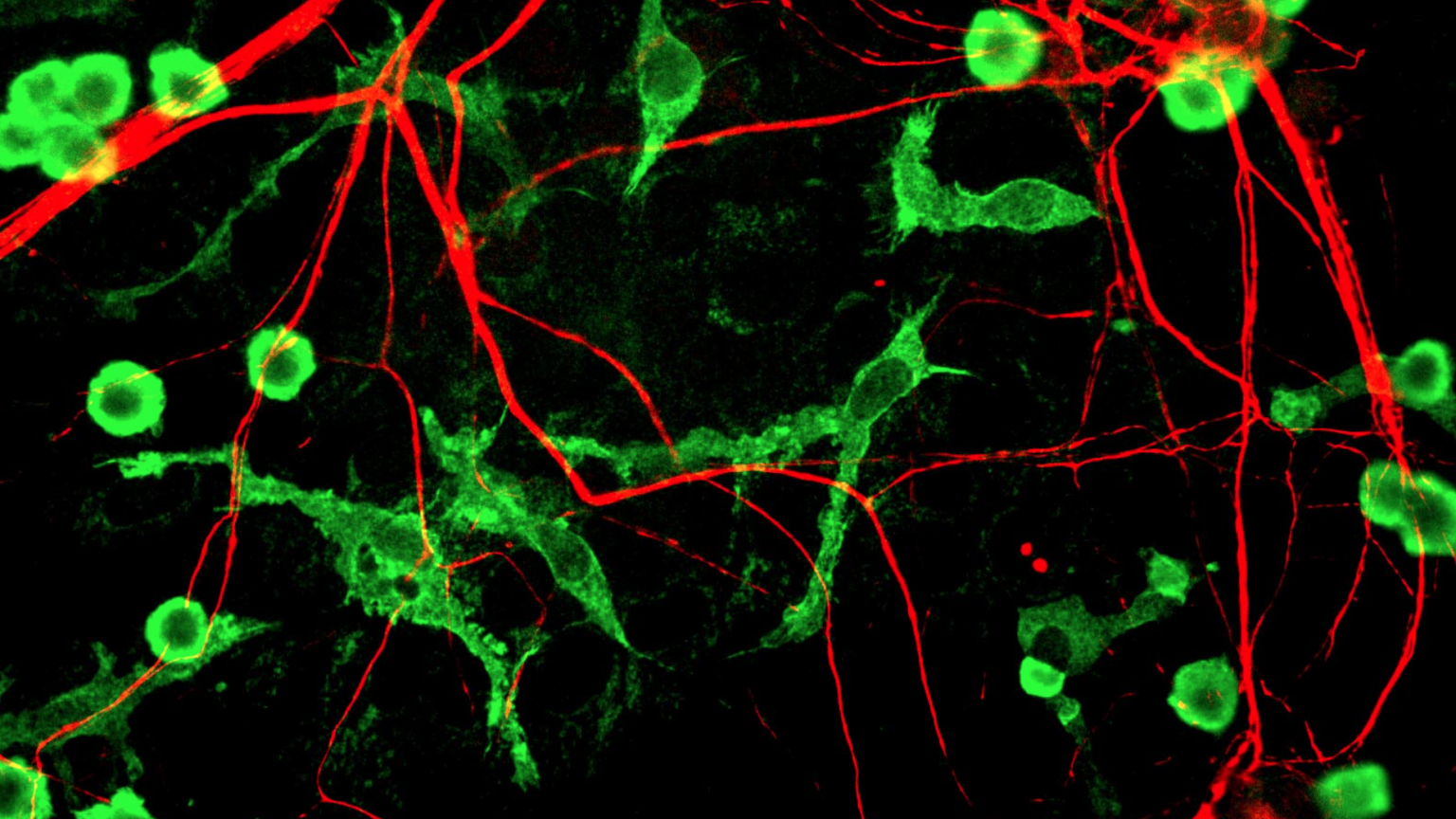Permanent Stress Inflames the Brain, Increasing Risk of Mental Disorders
Serious, long-term stress can have dire consequences for your brain. That’s because the immune system and the brain are intimately related, say researchers at the Ruhr University Bochum, Germany. Long thought to operate separately, the microglia cells that act as the main immune defense in the central nervous system also comprise ten to fifteen percent of the brain’s overall cell count.
In the brain, the microglia activate to help repair damaged neurons. But when activated too often by stressful conditions, they cause inflammation. When researchers examined patients suffering from multiple sclerosis, Alzheimer’s, and schizophrenia, they found a high concentration of inflamed microglia cells around diseased portions of the brain.
“‘In schizophrenia patients, the number of microglial cells is considerably higher than in healthy individuals. Here, the cells cause synaptic links between neurons to degenerate,’ especially in schizophrenia patients.”
According to research, one stressful even can do deadly damage to your brain cells. The build up of stress causes strain on the brain cells. Without proper care, the brain will change the kinds of cells it produces under the stress levels, leading to permanent damage.
Health and nutrition expert Johnny Bowden explains how you can help reduce mental problems associated with aging by managing you stress in your life. Here are some of Bowden’s stress reduction tips (2:20):
Read more at The Huffington Post
Read more at Kurzweil AI
Photo credit: Shutterstock




